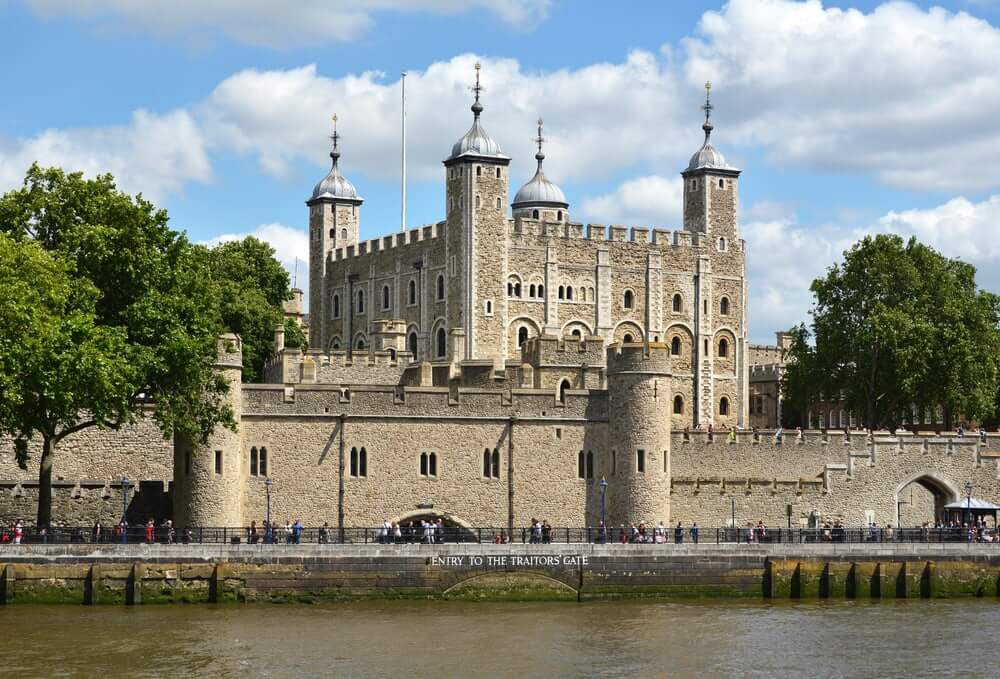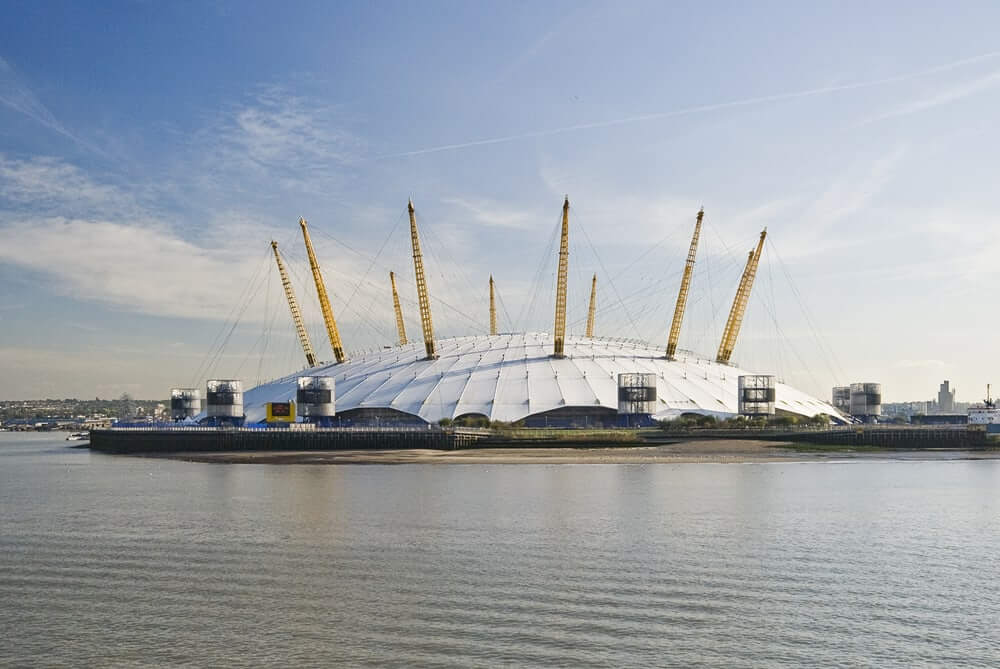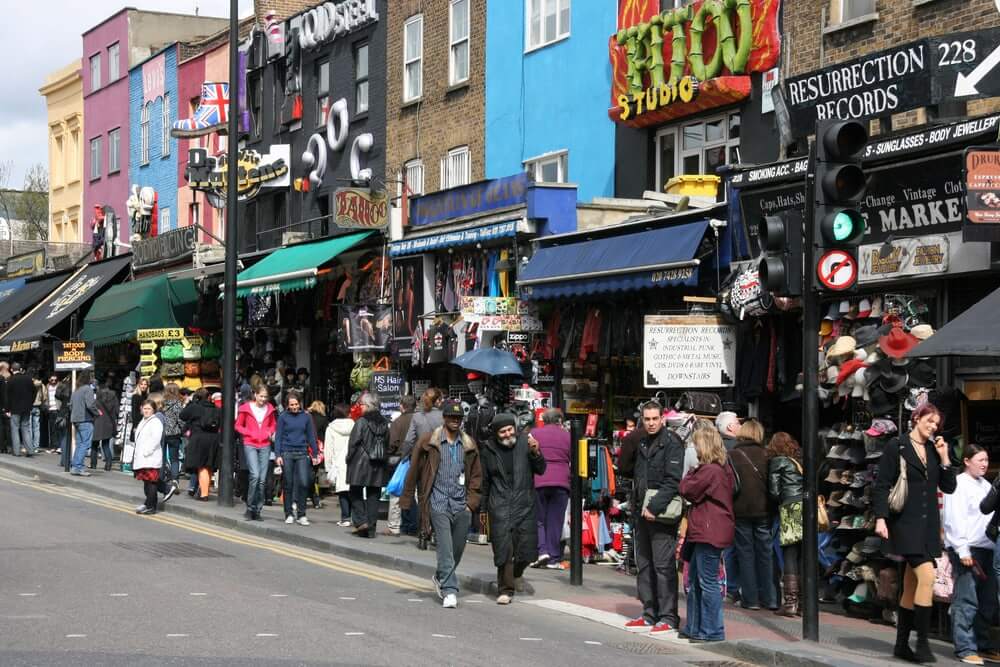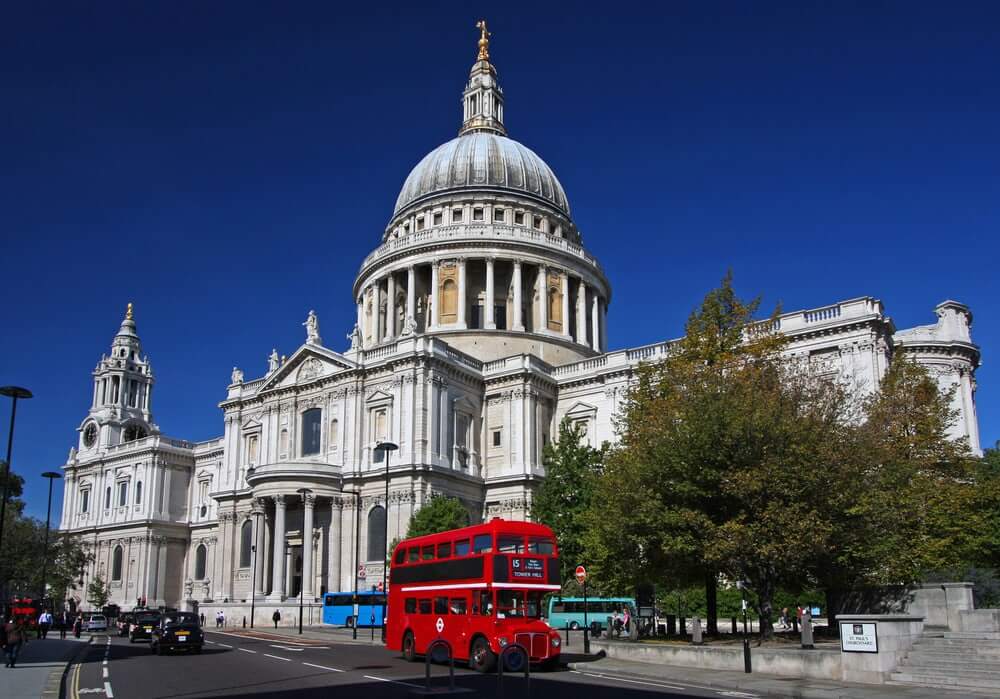20 Interesting History Facts About London
We’re lucky to have our accommodation in the city of London as it boasts a wealth of culture and history. This is why it is such a heavily visited city, with over 17 million people flocking to London in 2014 alone, according to the BBC. If you’d like to learn a little more about the big smoke, we’ve delved deep into the history of our capital. From the houses of parliament to the London underground, here are some of the most interesting facts about London!
Related: 6 Historic Sites To Visit In London If You’re A History Student
1. Over 300 languages are spoken in London
First on our list of facts about London is the cultural diversity. As one of the most diverse cities in the world, London houses over 8 million residents, who collectively speak over 300 languages, including Bengali, Gujarati, Punjabi, Cantonese, Mandarin, Hokkien and of course English.
 2. 2. 2. Big Ben is not actually called Big Ben
2. 2. 2. Big Ben is not actually called Big Ben
Big Ben is arguably London’s most famous landmark. Surprisingly, it is actually meant to go by the name ‘The Clock Tower’, while ‘Big Ben’ is the name of the bell. Feel free to bore your friends and family with that fact if you ever do a tour of London.
3. It is not illegal to die in the Houses of Parliament
Despite popular belief, it isn’t illegal to die in the Houses of Parliament. Although it is illegal to enter the Houses of Parliament wearing a suit of armour. According to gov.uk:
‘The issue of dying in Parliament appears to arise from the idea that anyone who dies in a Royal Palace is eligible for a state funeral. We have not been able to trace any such law, and neither have the House of Commons authorities.’
Arrange a visit to the Houses of Parliament here.
4. Police never caught Jack the Ripper
The identity of Jack the Ripper, London’s most notorious serial killer, has never been discovered. Authorities at the time and ‘mystery solvers’ since the killings have suspected a number of different people, however, including Prince Albert, Lewis Carroll and Queen Victoria’s doctor; Sir William Gull.
5. The Great Plague killed a third of Europe’s population
The Great Plague killed roughly 25 million people, which was around a third of the entire population of Europe in the 15th Century. This particularly affected London because of the narrow streets and lack of sanitation. During this time, men known as Searchers shouted out ‘Bring out your dead’ all through the summer of 1665. They carted away dead bodies and threw them in mass burial pits. Some of which Londoners are still discovering to this day.
6. The Tower of London houses six ravens
Charles II’s ordered for six ravens to be placed in the Tower of London to protect it. Apparently, six ravens are still kept in the tower today and they must remain there at all times due to superstitious reasons. For extra measures, each raven has a wing clipped, they even have a spare raven handy in case one flies away.
Arrange a visit to the Tower of London here.

7. The London Underground could have been water-based
We couldn’t create a list of facts about London without including the tube. When the London Underground was first proposed, engineers suggested filling the tunnels with water and using barges to float people from station to station, or getting an army of horses to pull the carriages around in the dark. Evidently, they decided to opt for trains.
8. There were only six deaths in the Great Fire of London
The Great Fire in 1666 devastated London. While the fire reduced large parts of the city to ruins, the verified death toll was only six people. However, the real number is unknown, as many more died from indirect causes. Monument, the 203ft stone obelisk located 203 ft away from where the fire broke out, commemorates those who died.
9. Black cab drivers are tested
In order for a person to become a black cab driver, they must complete a rigorous test called ‘The Knowledge’, which involves memorising every single street in the capital. Cab drivers can spend years trying to learn it all. Some even walk around every part of the city as a way of lodging all the side streets and back alleys in their brains.
10. London has an official smallest statue
In a city filled with grand monuments and huge statues, it’s nice to know London has an official smallest statue. Located on Philpot Lane, the statue of two tiny mice eating cheese is dedicated to two builders who fell during construction of The Monument after an argument over a missing sandwich, that they blamed on each other but was actually the fault of a mice infestation.
11. St Pauls Cathedral could have looked very different
One of Christopher Wren’s original ideas for St Paul’s Cathedral proposed a 60 foot stone Pineapple in place of the now iconic dome. It’s a shame it didn’t happen, London’s skyline could have done with a tropical feel.
Find out more about St Paul’s Cathedral here.
12. The Queen lives in Buckingham Palace
Although she has many other royal residences, the Queen still sometimes resides in Buckingham Palace. When she’s home, you can see her royal flag flying from the flagpole. This flag, which is called the Royal Standard, must only be flown from buildings where the Queen is present.
Book a visit to Buckingham Palace here.
13. Cleopatra’s Needle is a time capsule
Cleopatra’s Needle, the Egyptian artefact located on the Victoria Embankment, was erected in 1838. During this time many things were placed underneath, including a map of London, a copy of the Bible, some daily newspapers, a rupee and 12 photographs of the best looking English women of the time.
14. Feeding pigeons in Trafalgar Square is banned
Trafalgar Square was once renowned for housing thousands of feral pigeons, which tourists often fed or posed with. In 2003, London Mayor Ken Livingstone banned feeding them or selling feed near the square. They even went as far as using a hawk to keep them at bay, which evidently turned out to be successful.
15. London was home to many famous faces
Another of our facts about London, has to be the numerous famous people that have lived there. Such as Karl Marx, Charles Darwin, Sylvia Plath, Charles Dickens, Jimi Hendrix, Wolfgang Amadeus Mozart, Florence Nightingale and 100’s of others. Blue plaques now hang where these people lived.
16. The Millennium Dome is the biggest structure of its kind in the world
The Millennium Dome is so big that it can fit the Great Pyramids of Giza comfortably under the roof! The structure is 365m in diameter; and 52m high in the middle; with 12 supporting poles, symbolising days, weeks and months of the year.

17. Waterloo Tube Station is the busiest for public transport
1.265 billion people use the London Underground every year. That’s slightly more than the population of India! No wonder it’s so hard to get a seat. According to TFL, the most popular station is Waterloo, which sees 100.3 million passengers every year.
18. London has over 170 Museums
As well as the 300 languages spoken in London, the amount of museums in the capital adds to the culture of this city. London boasts over 170 museums, from the massive British Museum, London’s most popular tourist attraction, to the tiny Fan Museum in Greenwich.
Related: 7 Secluded and Secret Galleries to See in London
19. Aldgate Station has 1000 bodies buried underneath it
Possibly the most disturbing in our facts about London is that 1000 bodies apparently lie under Aldgate station, near Urbanest’s Tower Bridge property. Searchers most likely buried them there en-mass after the Great Plague.
20. The London Eye Was Not The First Big Wheel in London
As our final shocker in our list of interesting facts about London, the London Eye was not the first big wheel in London. In fact, The Great Wheel earns this title. This wheel was constructed in 1895 for the Empire of India Exhibition. It was then sadly demolished in 1907, 91 years before construction started on the London Eye.
So, there you have it! Not only does London have the best student accommodation, but also great history too. If you can think of any more fun facts about London, leave them in the comments!
 2. 2. 2. Big Ben is not actually called Big Ben
2. 2. 2. Big Ben is not actually called Big Ben